Inside the Nondestructive Testing Department
Of all the services PTI Industries provides, NDT (nondestructive testing) is one of the most important. Checking for the integrity of a part, whether you coat it or paint it later on, is critical to part performance. NDT testing checks for discontinuities or defects that could have occurred during any part of the production process, including casting, welding, or forging.
When a part comes in for NDT, it’s inspected for flaws and weaknesses without damaging the part in any way. “If 1,000 parts arrive, then 1,000 parts are tested and given 110% inspection,” said Mat Burke, Manager of NDT, Shot Peen, Coatings and Shipping. PTI doesn’t typically test for samples unless this is specifically agreed upon.
A Typical Day in the NDT Department
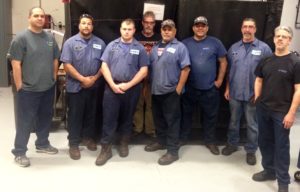 The NDT department tests and inspects anywhere from 3,500 to 5,000 parts a day and averages 50,000 parts a month. Because PTI specializes in multi-process services, the majority of parts that arrive for nondestructive testing also receive other special processes. Only 12-15% of the parts that come through the NDT department don’t arrive from another department. Before reaching NDT, most parts receive services including passivation, dry film lubrication, and precision cleaning.
The NDT department tests and inspects anywhere from 3,500 to 5,000 parts a day and averages 50,000 parts a month. Because PTI specializes in multi-process services, the majority of parts that arrive for nondestructive testing also receive other special processes. Only 12-15% of the parts that come through the NDT department don’t arrive from another department. Before reaching NDT, most parts receive services including passivation, dry film lubrication, and precision cleaning.
According to Burke, when working with customers it’s essential to be flexible without jeopardizing the integrity of the part. The NDT department is often a part’s last stop in multiple special processes. “A customer sends in an order for three processes that was quoted for eight days, but they want it in three days. We pull this off on a regular basis,” Burke said.
Two Operating Sides for Two Critical Testing Methods
The NDT department is divided down the middle, with established incoming and outgoing areas. The left side of the room is set up for FPI (fluorescent penetrant inspection), also known as liquid penetrant inspection (LPI), and is run like an assembly line with tables holding penetrant well tanks.
Nonmagnetic parts are tested for defects using liquid penetrants as they are passed through one of two different defect sensitivity levels. A visible dye penetrant for lower sensitivities uses a white light and fluorescent penetrants for higher sensitivities uses ultraviolet light. Accurate results require thorough pre-cleaning decontamination, correct soak time, proper penetrant removal, followed by drying in a convection oven using a developer bleed-out.
On the right side of the department the MPT (magnetic particle inspection) section houses two individual machines. All MPT testing is done inside a solo machine to determine if any defects are present using calculated data that includes strength of current and direction of magnetic field.
MPI is a nondestructive testing method used on material that can be magnetized, or a ferromagnetic material such as cobalt, iron, nickel, or certain alloys. During the MPI process, small magnetic particles are attracted to any defects on or near the part’s surface. Demagnetization of the part follows, using special equipment to reverse the magnetic field and safeguard future machining and welding of the part, as well as your electronic equipment.
Test parameters and techniques are defined as parts arrive. Any fixtures and tools that are needed for the completion of NDT testing are completed in-house. Heavier parts, for example, could mean designing a hoist system to lift and move the components.
Qualified NDT Technicians
Certified technicians who are qualified based on the required level of training perform all the nondestructive testing and inspection. Training begins as an entry-level trainee before moving on to Level 1. Level 1 becomes a Level 2 technician and qualifies to inspect parts after meeting the required time of over 400 to 500 hours. To be a Level 3 technician, a minimum of four years in one discipline must be fulfilled, or eight years total to be qualified for both FPI and MPI.
All the training is done in-house, guaranteeing a more detailed instruction that ensures competent and fully qualified specialists for every NDT job. PTI’s Level 3 technician has over thirty years of experience and is designated a Responsible Level 3 because he oversees and is responsible for all the training, testing, and inspecting in the NDT department.
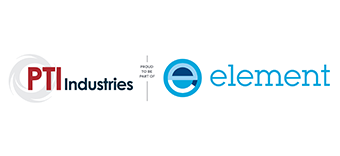
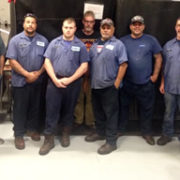
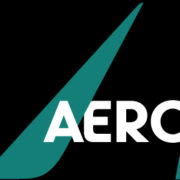
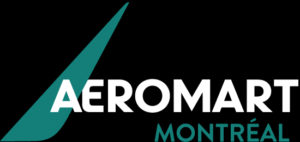 PTI attended Aeromart Montreal in April. This was their second year at the event which attracted approximately 800 companies, from 28 different countries, with 1,300 participants in attendance. During the three day event there were more than 11,000 business meetings. The general consensus at the show was that it’s a busy time in the aerospace industry which is why partnerships are more important than ever.
PTI attended Aeromart Montreal in April. This was their second year at the event which attracted approximately 800 companies, from 28 different countries, with 1,300 participants in attendance. During the three day event there were more than 11,000 business meetings. The general consensus at the show was that it’s a busy time in the aerospace industry which is why partnerships are more important than ever.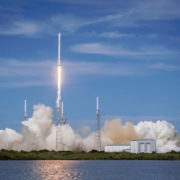
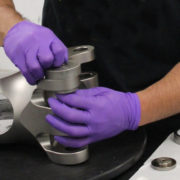
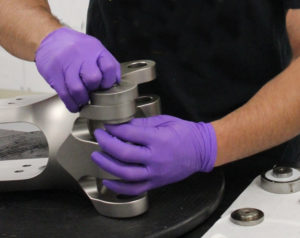 When you consider adhesive bonding versus welding for securing your parts, strict specifications must be met while controlling the total cost. Switching over to a new joining process requires addressing many issues, including safety concerns, excessive down time, structural integrity, and structural degradation, as well as your overall manufacturing process.
When you consider adhesive bonding versus welding for securing your parts, strict specifications must be met while controlling the total cost. Switching over to a new joining process requires addressing many issues, including safety concerns, excessive down time, structural integrity, and structural degradation, as well as your overall manufacturing process.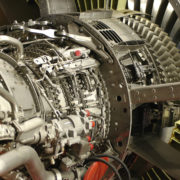
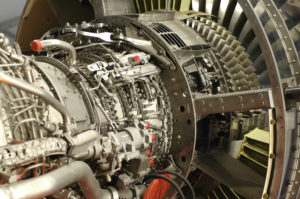 PTI Industries continues to offer special processes for critical aerospace components, helping the aerospace industry meet an increased demand while adhering to stringent quality standards. Strict adherence to NADCAP, FAA, and EASA certifications and accreditations ensures your parts performance, reliability, and safety.
PTI Industries continues to offer special processes for critical aerospace components, helping the aerospace industry meet an increased demand while adhering to stringent quality standards. Strict adherence to NADCAP, FAA, and EASA certifications and accreditations ensures your parts performance, reliability, and safety.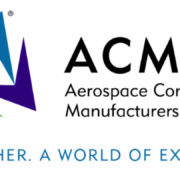
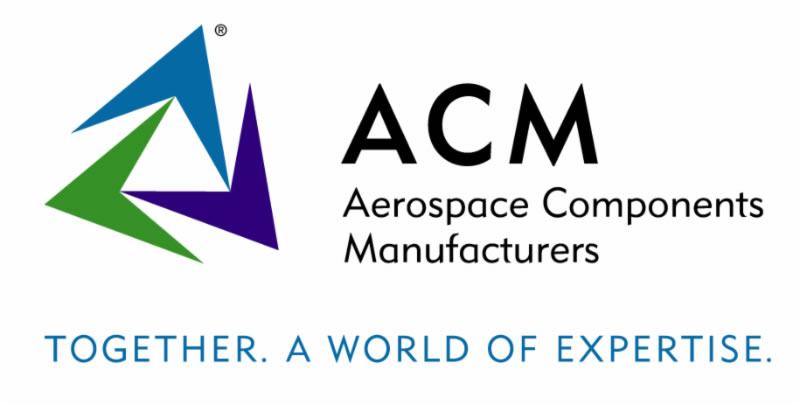 There’s more to the World’s Aerospace Alley Trade Show than a presentation of workforce opportunities to our next generation of highly skilled workers. It’s more than a showcase of outstanding of capabilities by the unique industrial cooperative of ACM members.
There’s more to the World’s Aerospace Alley Trade Show than a presentation of workforce opportunities to our next generation of highly skilled workers. It’s more than a showcase of outstanding of capabilities by the unique industrial cooperative of ACM members.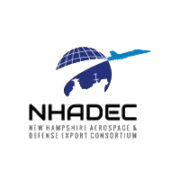
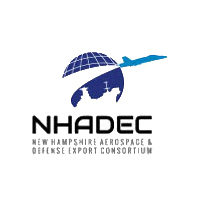 This year’s New Hampshire Aerospace and Defense Conference was geared to educating and supporting companies who seek to expand into international markets. PTI Industries was pleased to attend as part of the network of companies who develop products, technologies, and services for the aerospace and defense industry.
This year’s New Hampshire Aerospace and Defense Conference was geared to educating and supporting companies who seek to expand into international markets. PTI Industries was pleased to attend as part of the network of companies who develop products, technologies, and services for the aerospace and defense industry.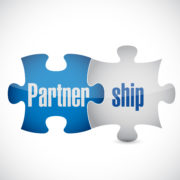

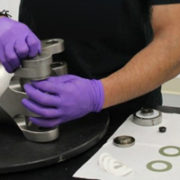
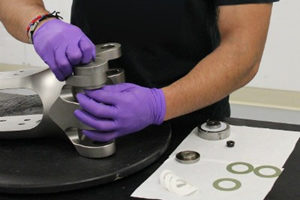 When making a quality adhesive bond, the first critical step is selecting the proper adhesive. Once the adhesive type is determined, the second important step is surface preparation.
When making a quality adhesive bond, the first critical step is selecting the proper adhesive. Once the adhesive type is determined, the second important step is surface preparation.